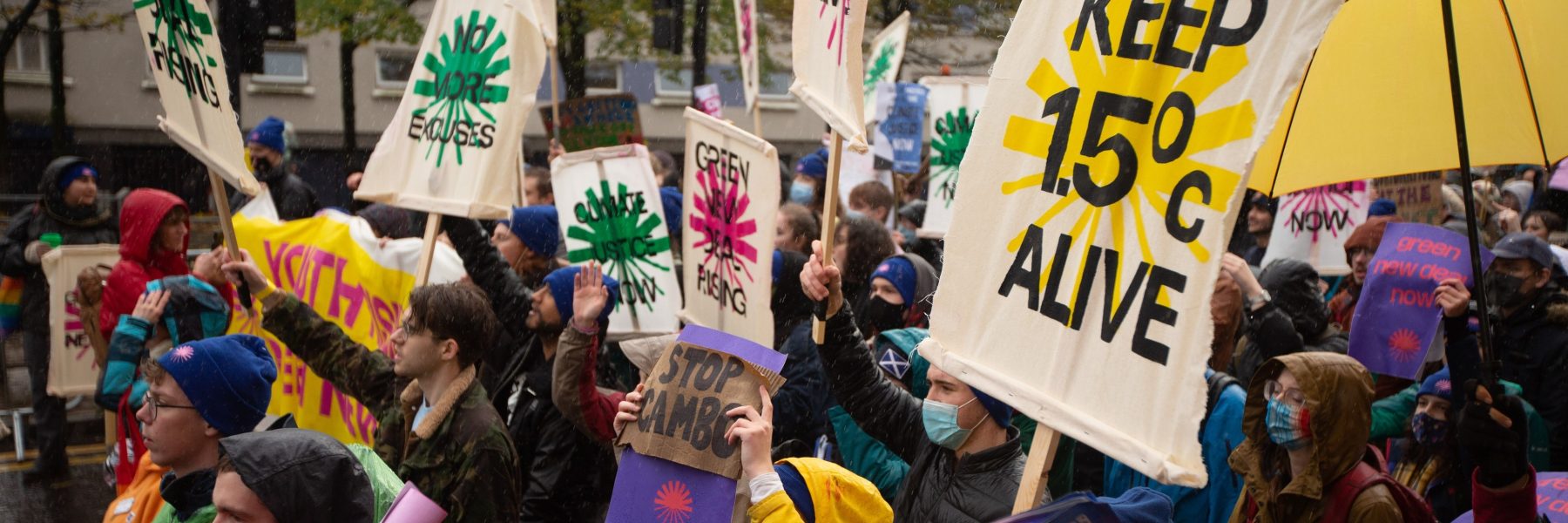I’ve been working in technology and higher education for so long that sometimes I forget that I have a background in environmental science. This morning I was listening to Curious Cases with Hannah Fry and Dara O’Briain, the show was all about bubbles, soap bubbles. At one point the pair talked about giant space bubbles! A Massachusetts Institute of Technology project looking at the idea of using a raft of bubbles in space, the size of Brazil, to help save us from climate change. In fairness to the programme they pointed out the best solution is to change what we are doing and stop destroying the planet, but the MIT scientists say “we also need a plan B”.
It’s good to have contingencies, right?
When faced with any impending disaster we’ve all heard people say “oh the scientists will figure something out”, it’s the premise of so many science fiction films.
And it seeps into our consciousness.
The word we are looking for is Technosolutionism, I heard it first when I was studying my degree, it’s a belief that technology alone can solve complex social, political, and environmental issues. It’s become a dominant narrative in climate discussions. It promises that humanity, through technology and innovation, will solve all the world’s problems, including climate change.
This faith in technological fixes can damage genuine efforts to mitigate climate change. The over-reliance on technosolutionism not only diverts attention from necessary systemic changes but also creates a dystopian future where humanity’s relationship with the natural world is eroded, exacerbating the very problems we seek to solve.
The latest evolution of technosolutionism is the narrative that AI and GenAI will help solve the climate crisis. The most worrying thing about this narrative is that it is coming from inside education, I see it repeated time and again by people who should know better. They cite Big Tech’s own reports about water and energy use, they build on narratives of hope by the founders of these systems with no evidence, founders who’s interest lies in getting more people to use their systems.
It’s not just AI, there is a conviction that technological advances such as geoengineering, carbon capture, and other emergent innovations will inevitably provide the solutions. Corporations and governments alike champion these technologies, selling them as a panacea. But the belief is inherently flawed and short-sighted. Climate change is not simply a technical problem to be solved by human ingenuity, but a deeply entrenched social and economic crisis rooted in overconsumption, resource extraction, and inequity.
The latest “potential solution” involves land grabs from indigenous communities. GRAIN (a not for profit organization) has exposed land grabs of at least 9.1 million hectares of communal land, primarily across Africa, by corporate interests for carbon offsetting projects in a new report. They are labelled as climate solutions and involve companies (usually foreign) acquiring local lands traditionally used for grazing or farming. They then convert them into fast-growing tree plantations to absorb carbon dioxide. It’s framed as beneficial for reducing global emissions, the report warns of a “new form of land grabbing,” displacing communities and perpetuating what researchers term “carbon colonialism.” Major corporations such as Meta, Microsoft, Amazon, BP, and TotalEnergies are purchasing carbon credits involved in this landgrab.
And does planting trees help? Newly-planted trees take decades to capture the promised amount of CO2 from carbon-offset schemes, and these efforts are vulnerable to risks like droughts, wildfires, and disease, potentially reversing their benefits. As climate change worsens, forests face increased stress, and trees planted for offsetting could release their stored carbon prematurely, undermining their effectiveness compared to reducing our emissions! Also Oil companies know that Carbon capture doesn’t work!
So why is carbon offsetting popular? The carbon offset / carbon credit market was worth over 300billion US dollars in 2022.
Technosolutionism erodes accountability. When climate change is framed as a problem that technology will solve, responsibility for addressing it shifts from political and social systems to the realm of engineers and technocrats. Governments, particularly those with vested interests in fossil fuel industries, find this narrative attractive because it absolves them of making hard choices. Instead of dismantling the structures of global capitalism that drive environmental degradation, they can focus on funding technological research and development.
And the narrative of “AI will solve climate change” is just another technosolutionist distraction from genuine, hard solutions.
